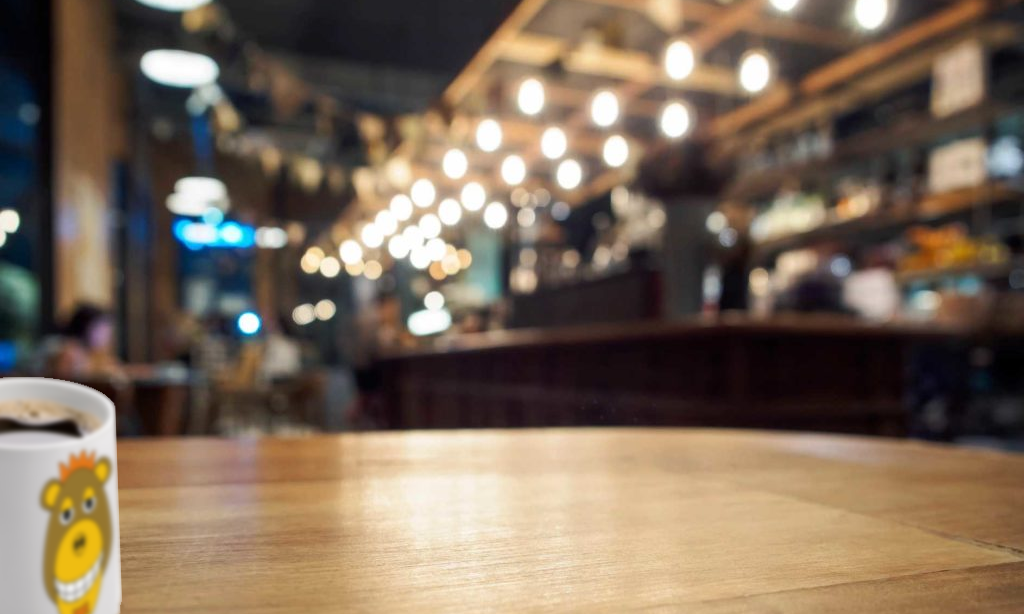This past weekend, the sermon directed us to look inward to find the tension we have with worship. Without rehashing the whole sermon, the inner tension we have with worship is probably related to the fact that we are created in God ?s image. Because we are made in the image of God, we sometimes confuse the worshipper with the One who should be worshipped.
For example, we walk into the Sunday morning worship gathering with preconceived notions about what worship should be like and what it should mean to us. When we leave, we comment about how good worship was, based upon what we liked about the time spent and about the feelings we have when we leave. While I don ?t want to negate those good feelings, perhaps they are misdirected. Shouldn ?t our good feelings be based upon the good things we brought before the One who is to be worshipped?
This internal tension becomes an “internal” struggle for the body of believers because we all have different understandings and expectations of worship. Our own internal tension is compounded by the internal tensions of the ones around us in the worship gathering.
The solution for our own internal tension is to give up our own self to God in our worship. Whatever it is that causes us to focus on ourselves in worship, we need to give it up selflessly and give God what he desires. Not only does that refocus our attention, but it redefines worship. With that kind of selfless attitude, worship isn ?t confined to an hour Sunday morning but to our whole lives.
By becoming “life slaves” to God, being completely, selflessly sold out to Jesus, we begin to reduce the tension in the body of believers as well. By giving up our own agendas and expectations for the worship gathering Sunday morning, we are bridging the gap within the body.
